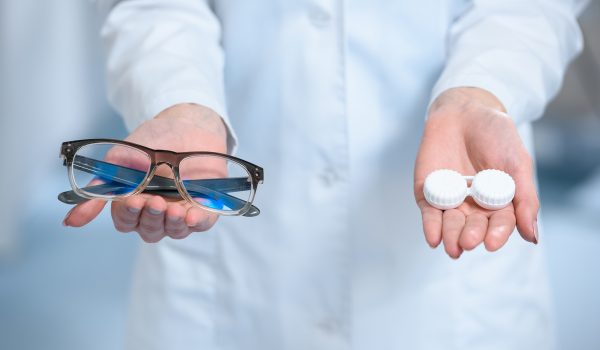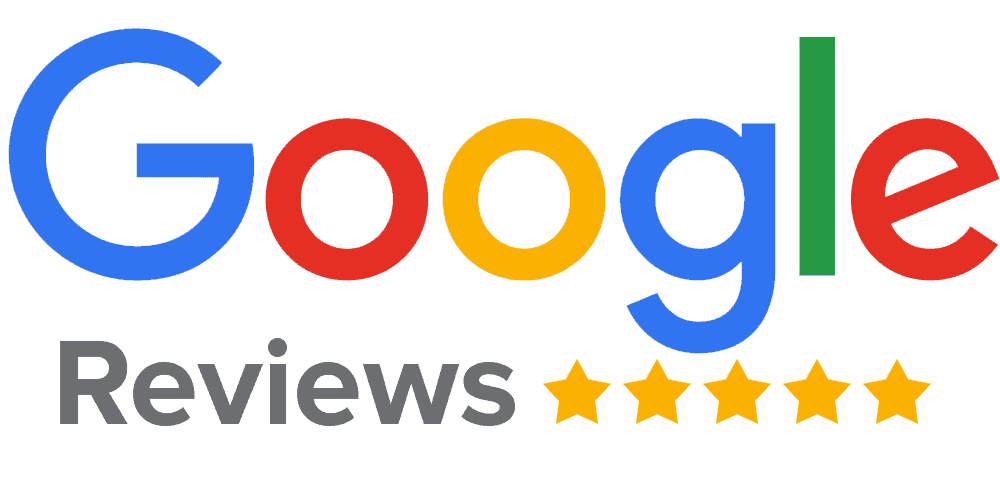One of the most common conditions we treat at Laser Vision Eye Centre is short-sightedness, medically known as myopia. It is currently the most common eye condition in the world. Short-sightedness has become very common in South East Asia and recent evidence suggests that it is also becoming more common in Europe and North America.
What is short-sightedness?
In short-sightedness (myopia), the vision is blurred for objects in the distance. It usually occurs when the eyeball is longer than required for the curvature (power) of the cornea. Even low levels of short-sightedness (myopia) can blur your vision significantly and require correction, whether spectacles, contact lenses or laser vision correction. The condition usually develops in childhood or teenage years.
What symptoms does it cause?
- Blurred distance vision
- Headache, caused by eyestrain
- Partially closing the eyelids, or squinting, to see clearly
- Difficulty seeing at night, especially when driving
What causes short-sightedness (myopia)?
There are no clear causes, but the condition has been linked with a family history of short-sightedness (myopia), increasing education levels, increased use of computers and less outdoor play.
How can short-sightedness (myopia) be treated?
There are a few options for the treatment of short-sightedness (myopia):
- Corrective lenses, such as spectacles and contact lenses. These are by far the most common treatment.
- Laser vision correction. This provides a permanent treatment to the condition by altering the shape of the cornea to match the length of the eye. At Laser Vision Eye Centre we offer a variety of laser procedures, allowing us to recommend the best treatment for your eyes and your needs; this includes LASIK, Advanced Surface Ablation and the latest development in laser vision correction, SMILE.
- Implantable Contact Lenses (ICLs). An ICL is a small, soft lens that is placed inside your eye, usually between the iris and your natural lens. It provides a permanent treatment and is typically recommended when laser vision correction is not indicated.
To learn more about laser vision correction for short-sightedness (myopia), visit the LASIK, Advanced Surface Ablation and SMILE pages of our website. If you suffer from short-sightedness (myopia), long-sightedness (hypermetropia) or astigmatism book a free screening appointment at our Laser Vision Eye Centre website or call 02381 810001. Our consultants will discuss your suitability for laser vision correction and the best treatment option for you.










